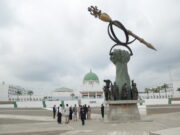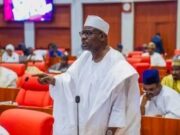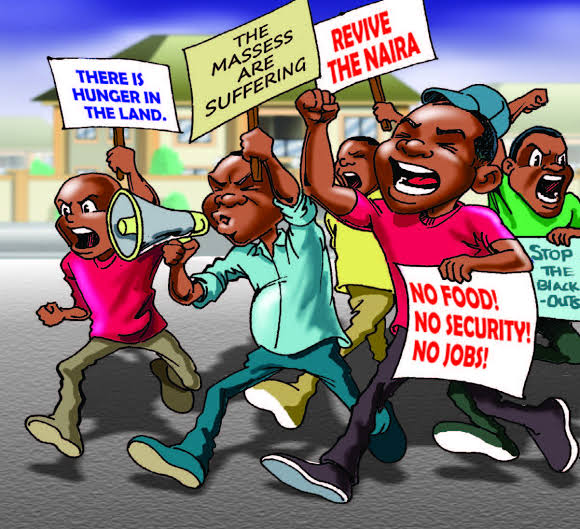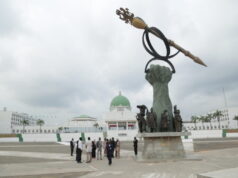
The Coalition of Northern Groups (CNG) has raised alarm over the dire socio-economic conditions in northern Nigeria, blaming the recent naira devaluation, rising inflation, removal of petroleum subsidies, and increased electricity tariffs for exacerbating the suffering of the region’s populace.
At a recent community engagement program in Katsina State, President of the CNG, Jamilu Charanchi, stated that “Nigeria is no longer working,” emphasizing the widespread hardship faced by citizens who can barely afford a meal.
 Advertorial
Advertorial
“We cannot afford to be silent anymore; the challenges we face are immense. Insecurity has become a pervasive threat in the north,” Charanchi remarked during the event themed “Imperative of Popular Participation in Tackling Socio-Economic Challenges Bedeviling Nigeria Through Community Solutions.”
He underscored the urgent need for community-led initiatives to tackle the region’s issues, particularly given the failure of political leaders to effectively address these problems.
 Advertorial
Advertorial
Despite the north’s rich cultural heritage and abundant resources, Charanchi highlighted that the region remains underdeveloped, plagued by drug abuse, youth unrest, poverty, unemployment, and illiteracy.
He pointed out that ongoing issues, such as rising banditry and insecurity, have persisted despite various interventions, including a roundtable discussion on insecurity held in January 2024.
Charanchi criticized the recent economic measures, stating that the devaluation of the naira and inflation have led to widespread job losses and deepened poverty.
 Advertorial
Advertorial
He attributed the violent protests that have erupted across the country to years of leadership decay and failure to leverage the region’s potential for development.
“Northern Nigeria has faced a collapse of social values and immorality that has contributed to a leadership crisis, resulting in high numbers of out-of-school children and rampant insecurity,” he noted.

To remedy these persistent challenges, the CNG advocates for a shift from government-led to community-based solutions that focus on comprehensive assessments and coordinated efforts to tackle the root causes of the region’s issues.
At the event, Katsina State Governor’s representative, Commissioner for Information Bala Zango, praised the administration of Governor Dikko Radda for its initiatives aimed at improving socio-economic conditions.
He highlighted scholarship programs for underprivileged students pursuing medical and AI studies abroad, as well as the establishment of a ministry for internal security and the deployment of over 1,500 Community Watch Corps to combat insecurity.
 Advertorial
Advertorial
Zango also noted significant investments in agriculture, stating that the Radda administration has allocated over N30 billion for agricultural development and employed 7,000 teachers while renovating schools and providing essential learning materials.

















